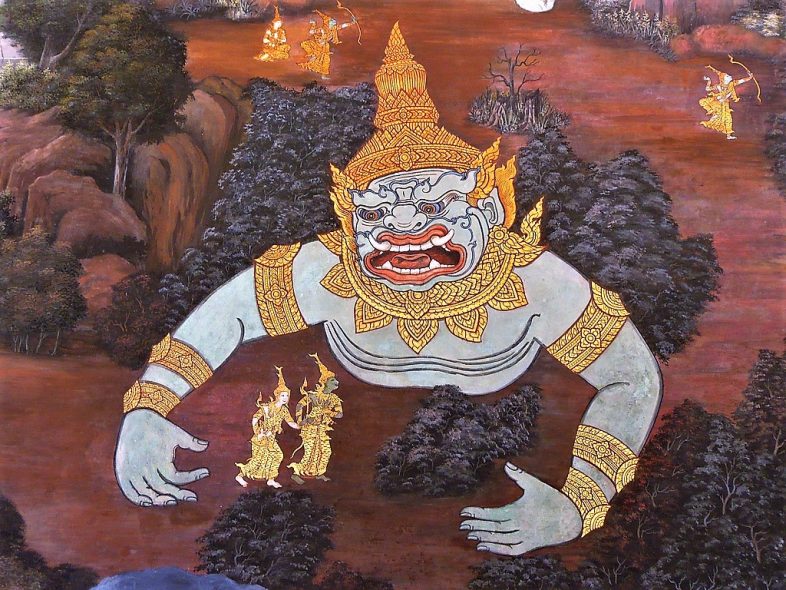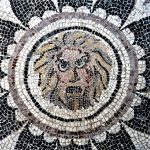Applied Biliteral Etymology: Link or Blink – Pharaohs, pyramids, Christian priests, Christian nuns, meteorite, pandemonium, fear, terror, horror, destruction, blood spilling etc.
LCs: ✥*RH⇆*RH; ✥*Rʻ⇆*ʻR; ✥*ḪP⇆*PḪ → ✥*ḪF⇆*FḪ
If pyramids were not built for tourists could they have been for this reason: “Pyramids were often named in ways that referred to solar luminescence. For example, the formal name of the Bent Pyramid at Dahshur “The Southern Shining Pyramid”, and that of Senwosret at el-Lahun was “Senwosret is Shining?”
Pyramids are too huge to entomb a single body. The present is far more connected with the past than we sometimes think. When you look at the largest man-made structures throughout history you’ll find that they are/were either palaces for the kings on Earth or palaces, or ‘beit “home” for the King in Heaven.
The selected list of triliterals derived from *HR (http://agguakku.com/2017/09/03/homeo-sapiens-gods-of-fear/) communicate a disturbing state marked by “fleeing, pandemonium, confusion, flooding, crushing, commotion, shredding, perishing, etc.”
When Applied Biliteral Etymology attempted to determine the semantic domain of *HR’s secondary, *RH, it was surprised to find it even more fearsome. Indeed, the triliteral rahab (رهب) formed by adding the letter ‘b’ after the biliteral root is probably the word to use to express the highest possible state of fear: horror, horrific and horrifying.
Here is the list of words to establish the connection between all of them:
1) ‘*RH’ “terror, fall, to drop from a high position”.
Part of the appeasement was to build huge structures fit for a God with huge powers in a huge place like the skies. This was in Egypt but then everybody followed – the Sumerians, the Greek, the Romans, the Christians and then the Muslims.
Where is God in the linguistic structure?
Who worshipped Haram? Obviously the Egyptians. Like in Mesopotamia, there were several gods that were good for business in the temples but ordinary people appear to have referred to one god. The Canaanites living with Yemenis appear to have worshipped him. One of their most important ports (in Oman today) is called “Sumharam”, i.e. the Haram of the Sum. The Sum are the Sumerians and the Phoneticians. If you read some of the religious texts found in Ugarit, northern Syria, you will see Haram in some of them.
Let us end with some linguistic tremors:
Khufu’s Pyramid: Khufu = “fear” (fear him ‘u’) originally the ‘f’ was a ‘p’ as in Akkadian: ḫūpu: [Moral life → Feelings] fear. This is a Pharaoh known to his people as “the one who fears him”.
Pyramid of Khafra (IPA =*ḪP; *RA) = Khafu = “fear” (same like above but slightly re-vowelised); ‘ra’ the god Ra. This is a Pharaoh who was known to his people as “He who fears Ra”. This made sense for them for reasons of legitimacy. By claiming he’s an appointee of God earthlings have no power to remove him. If he gets angry God will share his anger and bombard unruly people with meteorites.
But wait a minute, don’t go: It is said above that ‘*RaHba’ is “nun” and ‘*RaHib’ is “priest”. The pyramid was built 4,600 and Christianity is only 2,000 years old. The linguistic cluster is much older than the pyramids so what have Christian priests and nuns to do with this very ancient religion?
We ran out of space but we’ll leave you with this:
“A messiah (literally, “anointed one”) has come to be seen as a saviour or liberator of a group of people, most commonly in the Abrahamic religions. In the Hebrew Bible, a Hebrew: מָשִׁיחַ, Modern mashiaẖ, Tiberian māšîăḥ(“messiah”) is a king or High Priest traditionally anointed with holy anointing oil. However, anointed ones (“messiahs”) were not exclusively Jewish, as the Hebrew Bible refers to Cyrus the Great, king of Persia, as a messiah for his decree to rebuild the Jerusalem Temple.
To say “A messiah (literally, “anointed one”) is useful but this is bunkum etymology. Identifying the mono syllabic root morpheme of ‘messiah’ is etymology.
Two problems:
1) the original name is not with an ‘s’ but ‘sh’, so it is ‘masheeh’. It is in Arabic: ‘massah’ “wipe something with the hand or a cloth”. So it is to be ‘blessed’ with the hand. But whose hand?
Here’s a word from Akkadian: šamšu (š = ‘sh’): [Sky → Astronomy] sun. In Arabic it is ‘shams’ but note this is a compound = ‘shm’ and ‘mas’, which was originally ‘mash’, a root (*MŠ). If you add the letter ḥ it become *MŠḥ vowelised to “Massiah’. This word in Arabic means Jesus.
Gif (giphy (2)) if from: http://giphy.com/gifs/curious-statue-spyrogif-97M3FTmTWnET6
http://agguakku.com/2017/09/02/for-whom-the-pyramids-of-egypt/
Last modified: December 30, 2022



